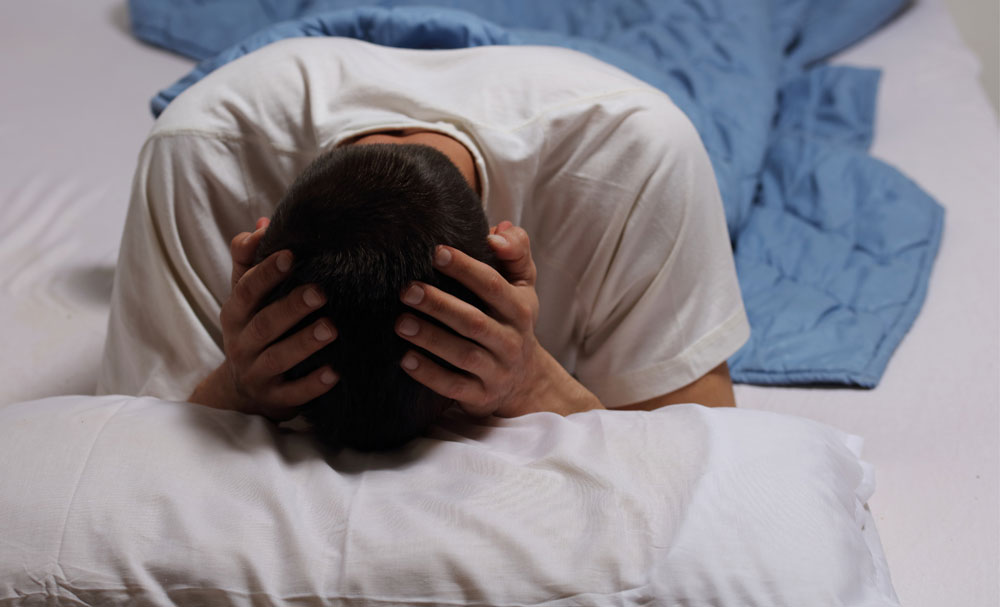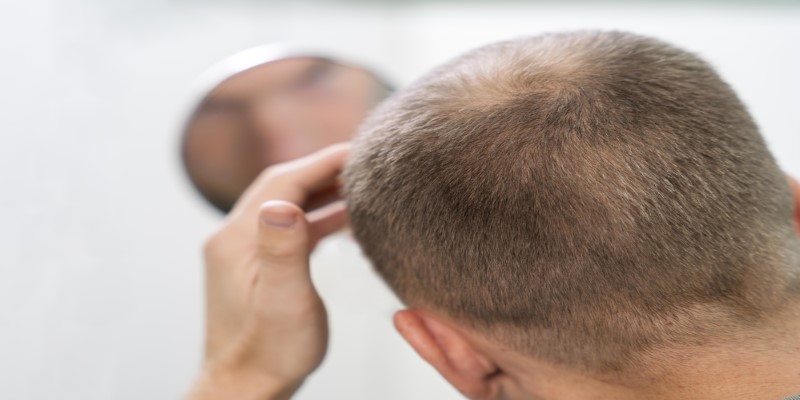Do you struggle to get a restful night’s sleep? If so, you may be suffering from dyssomnia, a type of sleep disorder.
Dyssomnia is a disorder that affects the quality, quantity, and timing of sleep. It is estimated that 1 in 10 people suffer from some form of dyssomnia. Those who suffer from this disorder have difficulty falling asleep, staying asleep, or waking up too early.
Dyssomnia can also cause extreme fatigue and other physical symptoms such as headaches, irritability, and poor concentration.
If you are having trouble sleeping or experiencing any other symptoms associated with dyssomnia, it’s essential to understand the condition and learn how to manage it.
In this blog post, we will discuss the types of dyssomnias, their symptoms, causes, and treatments.
What Is Dyssomnia?
Dyssomnia is a specific type of sleep disorder that disrupts standard sleep patterns(timing and amount).
People with dyssomnia have difficulty initiating or maintaining sleep, resulting in insomnia or hypersomnia (excessive daytime sleepiness). Sleep disturbances can also involve abnormal behaviors during sleep, such as walking in one’s sleep (sleepwalking) or talking during sleep (somniloquy). Other symptoms of dyssomnia include difficulty concentrating, mood swings, and poor memory.
Types of Dyssomnia
Dyssomnia is a broad term that includes several different sleep disorders. These include:
- Insomnia is the most common type and involves difficulty falling asleep or staying asleep throughout the night.
- Hypersomnia is the opposite of insomnia and refers to excessive daytime sleepiness or difficulty waking up in the morning.
- Frequent episodes of sudden sleepiness characterize narcolepsy during the day.
- Circadian rhythm disorders involve disruptions in an individual's internal body clock, leading to trouble sleeping at night or feeling excessively sleepy during the day.
- Sleep apnea - an interruption in breathing while sleeping that leads to snoring and fatigue during the day.
- Restless leg syndrome: an urge to move your legs while trying to sleep.

Each type has its own symptoms and causes that can be used to identify it.
Symptoms of Dyssomnia
The symptoms of dyssomnias vary according to the type of disorder and can range from mild to severe.
The most common symptom of dyssomnia is difficulty falling or staying asleep.
Other symptoms may include;
- Waking up frequently during the night
- Feeling tired even after sleeping for long periods
- Daytime fatigue or drowsiness
- Irritability or mood swings throughout the day
- Difficulty focusing or concentrating on tasks
- Restlessness during the night
Causes of Dyssomnias
The exact cause of dyssomnias is unknown, but there are some factors that could contribute, such as stress, depression, lifestyle choices (such as drinking caffeine late at night), medical conditions (such as depression), medications, an irregular sleep schedule due to shift work, or changing time zones regularly.
It can also be caused by environmental factors such as light exposure from screens at night or loud noises that disrupt your sleep cycle.
It’s essential to speak with your doctor if you are experiencing any symptoms, as they can help determine if there is an underlying condition causing your issues with sleeping.
Treatments For Dyssomnia
The treatment for dyssomnias depends on its type and severity. For mild insomnia, lifestyle changes such as avoiding caffeine late in the day or creating a relaxing bedtime routine may help improve sleep quality.
Cognitive behavioral therapy (CBT) has also been proven to be effective in treating chronic insomnia. For more severe cases of dyssomnias, such as narcolepsy or circadian rhythm disorders, medication (sleeping pills) may be necessary to help regulate sleeping patterns.
Additionally, bright light therapy is beneficial for those with circadian rhythm disorders as it helps reset the body’s internal clock.
Why Is Sleep Necessary for My Health?
Sleep is an essential part of maintaining good health and well-being. Not getting enough sleep can have a negative impact on everything from memory and concentration to mood, physical health, and overall performance.
Regular, quality sleep helps your body recover from daily activity and prepares you for the next day. It supports healthy brain function by promoting information processing and ensuring that memories are successfully stored.
Studies have also shown that people who get 7-8 hours of sleep per night can better regulate stress hormone levels, which means their immune systems will be more robust when faced with colds and infections.
Furthermore, adequate restful sleep can help reduce inflammation in the cardiovascular system for better heart health.
While occasional sleepless nights are normal, developing a consistent sleep routine is vital to enjoying the many benefits associated with quality rest regularly.

How Can I Manage Dyssomnia?
The first step in managing dyssomnia is understanding its underlying causes. Common triggers for dyssomnia episodes include stress and anxiety, depression, environmental changes (such as moving to a new home), drug use or abuse, chronic pain conditions, or medical conditions like asthma or allergies. Once you’ve identified what may be causing your condition, you can work on treating it accordingly.
In addition to addressing underlying causes of dyssomnia through therapy or medication if needed, it’s essential to practice healthy lifestyle habits that promote better sleep hygiene.
These habits include avoiding substances like alcohol and caffeine before bedtime; engaging in calming activities before bed, such as reading, turning off electronics at least an hour before bedtime, exercising regularly but not too close to bedtime, keeping your bedroom dark and comfortable, and getting up at the same time every day (even on weekends).
Establishing a regular routine can help regulate your internal clock so you can fall asleep more easily at night.
Takeaway
Dyssomnia is a type of sleep disorder that affects millions worldwide every year. While it may seem like an impossible challenge at first glance, many treatments can help you manage your condition so you can get back to living without worrying about sleepless nights!
If you think you may be suffering from dyssomnia, talk with your doctor today about what treatment options might work best for you!







